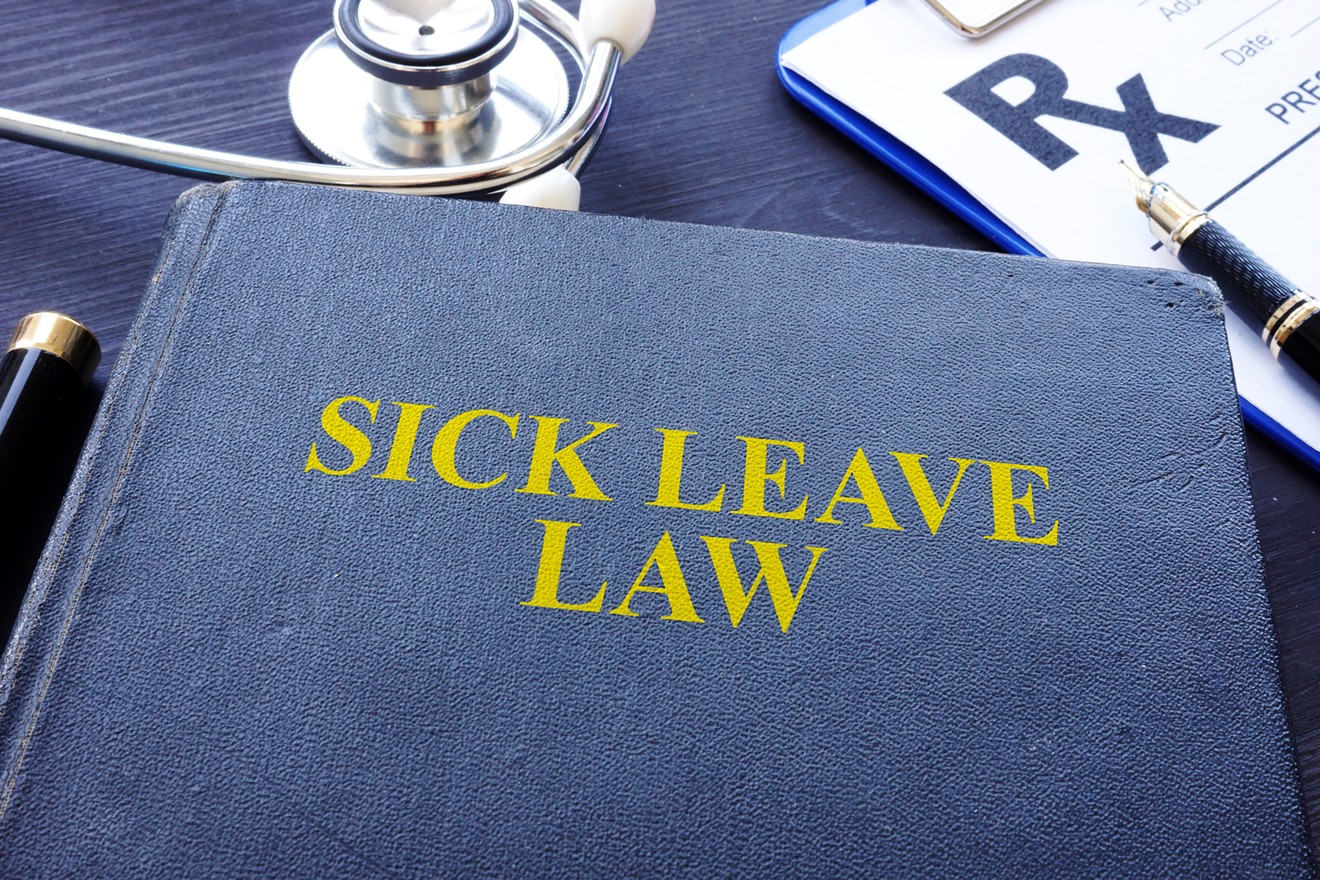Before she began a presentation explaining the new ordinance, Hannah Alexander, partnership liaison with the city's Office of Fair Housing and Human Rights, told a packed auditorium at the J. Erik Jonsson Central Library that the office hadn't finished certain rules for businesses that should enact the new policy.
The sentence was barely out of Alexander's mouth before an audience member began shouting at her.
"It is ludicrous to ask us to administer a policy and be in compliance when you can't even tell us what the rules are, and to do that within two weeks," the man yelled.
Dozens of business owners and managers expressed frustration with the new ordinance, which is set to go into effect Aug. 1. A common concern was the lack of clarity about how the law applies to certain categories of business and how managers and human resource officers should implement it. In large part, city officials could offer no clarity on those questions, telling attendees to wait until the city releases a set of administrative rules in about a week. Several attendees left feeling frustrated that officials had no answers for their questions.
"This is not a hammer that was created so that we could try to go after businesses." — Beverly Davis
tweet this
"I'm really not trying to be ugly here," said one business owner. "I don't think this is as much of a question-and-answer session as it is questions you guys need to know."
The ordinance requires employers to offer paid sick leave to any employee who works 80 hours or more in the city of Dallas in a single year. The rule applies to companies that are headquartered elsewhere but have employees working at job sites within the city limits. It applies to paid interns, part-time employees and paid apprentices, but not to unpaid interns or independent contractors.
The ordinance requires employers to allow employees to take paid leave for medical reasons, as well as for other reasons, including to seek services after being the victim of certain crimes, including sexual assault and domestic abuse.
A major source of confusion at the session was a provision in the ordinance that states that, although the law goes into effect on Aug. 1, city officials won't begin fining most businesses for noncompliance until April 1, 2020. For businesses with five or fewer employees, city officials won't begin levying fines until August 2021. Another provision states that employees have two years to file complaints with the city if employers don't comply.
Those two provisions left many in the audience questioning whether an employee could wait up to two years to file a complaint about a violation that occurred during the grace period, during which business owners and managers are still figuring out how to comply with the rule.
Alexander said the city would not assess fines for any violations that occurred during the grace period, no matter when complaints were registered. Beverly Davis, director of the city's human rights office, said city officials understand that the ordinance is new and it may take time for businesses to comply with it.
"This is not a hammer that was created so that we could try to go after businesses," Davis said.
The Dallas City Council passed the ordinance in April, but it's unclear whether any worker in Dallas will benefit from it. Austin passed a similar ordinance in 2018 but has been unable to implement it because of ongoing litigation from Texas Attorney General Ken Paxton. Alexander said city officials are aware of the lawsuit and will act accordingly if the Texas Supreme Court issues a ruling that affects Dallas' ordinance.












